Healthy behaviors for all - powered by science
Program support: Gioia Muru
Contact: aph.hbcd@amsterdamumc.nl
Mission and goals
Chronic (non-communicable) diseases -mainly diabetes, cardiovascular diseases and cancer- account for the majority of total disease burden worldwide. These chronic diseases are largely preventable by promoting healthy lifestyle behaviors. Unhealthy lifestyle behaviors are shaped by a complex interplay of factors; conditions in which people are born, grow up, live, work, age and individual features. Promoting healthy behaviors requires multifactorial interventions in the complexity of real-life settings. Interventions should both address the environment and the individual, and therefore demand close collaboration between a broad range of disciplines.
The goal of the HB&CD research program is to create, disseminate and exchange knowledge on health-related behaviors and interventions. We focus particularly on the mechanisms shaping these behaviors, their impact on health, and health promotion strategies. In doing so, we aim to reduce the burden of chronic diseases and related functional limitations, and improve quality of life/wellbeing. In line with our motto: "healthy behaviors for all - powered by science", we prioritize groups with a high risk of developing chronic diseases across the life course, including lower socio-economic and ethnic minority groups.
Program Leaders
Research themes
The health behaviors covered within HB&CD include alcohol use, dietary behavior, physical activity, sedentary behavior, sleep and smoking. The chronic diseases covered within HB&CD include, but are not limited to, diabetes, cardiovascular disease and cancer. Our research centers around:
- the distribution of health behaviors across the population and changes over time;
- the determinants of health behaviors, including individual, environmental and genomic factors;
- the measurement of health behaviors;
- the impact of health behaviors on chronic diseases and functioning/quality of life/wellbeing;
- the development, implementation and evaluation of interventions promoting healthy behaviors.
There is a strong focus on maximizing the societal relevance of research, and to achieve this we closely collaborate with actors in the public health domain such as the Municipal Health Service in Amsterdam. We aim to apply a participatory approach, involving end-users in the development of interventions and research projects with a strong focus on potential for wider implementation.
Special Interest Groups
Various Special Interest Groups are active within the HB&CD research program. Each of these groups has a different focus, and a brief description of their main objectives is provided below.
Geoscience and Health Cohort Consortium
The Geoscience and Health Cohort Consortium ( GECCO) is a Dutch infrastructure to support researchers to study the relation between environmental characteristics and health. In GECCO, fine-scale objectively measured social and physical environmental data are linked to individual-level data from more than 20 (longitudinal) cohort studies across the Netherlands. GECCO is coordinated by Amsterdam UMC, location VUmc, and governed by a steering group with representatives of all the GECCO-affiliated institutes.
Contact: Jeroen Lakerveld: j.lakerveld@amsterdamumc.nl
Participatory Research and Co-creation
This Special Interest Group aims to create an overview of the range of currently used participatory research approaches and methods within HB&CD, and wishes to connect researchers for the promotion of knowledge- and experience exchange. Two main goals of the group are; (1) starting-up a consensus project on terminology, and (2) working on guidelines for conducting and reporting participatory research.
Contact: aph.participatory@amsterdamumc.nl
Systems thinking and public health
This special interest group (founded in 2018) aims to further build expertise on systems science in public health, by creating a platform for researchers applying systems science across diverse public health topics. Over the years, the group has grown beyond Health Behaviors & Chronic Diseases of Amsterdam Public Health, now bringing together more than 100 researchers spread across various universities and organisations in the Netherlands, such as the RIVM (National Institute for Public Health and the Environment) and local public health services. We meet online approximately 5 times per year to present projects and share best practices. Since 2024, we also host an annual in-person symposium. All HB&CD researchers who have an interest in systems science are welcome to participate.
Contact: aph.systems@amsterdamumc.nl
Senior program council
The program leaders of the Health Behaviors & Chronic Disease research program chair the HB&CD Senior program council. This senior program council consist of a selection of senior researchers of the research program who meet regularly to implement or update the research program-specific strategy and to discuss anticipatory or reactive response to external events.
| Senior program council members | |
|---|---|
| Teatske Altenburg | Bas van den Putte |
| Ingeborg Brouwer | Joreintje Mackenbach |
| Wilma Waterlander | Mary Nicolaou |
Medior program council
The Health Behaviors & Chronic Diseases research program has a medior program council. The aim of the medior program council is to create a group of peers amongst whom medior researchers can hold inter-vision, lectures, or organize workshops about issues particularly relevant to those in their mid-career. The typical medior researcher has obtained a PhD and is already working for some years as a post-doc or assistant professor. But anyone who considers him or herself to be a medior is welcome to join.
| Medior program council members | |
|---|---|
| Coosje Dijkstra | Wilma Waterlander |
| Femke van Nassau |
Junior program council
The Health Behaviors & Chronic Disease research program has installed a HB&CD Junior program council that provides program leaders with solicited and unsolicited advice and helps them with the organization of research program-specific activities or events.
| Junior program council members | |
|---|---|
| Iris Koelmans | Judith Visser |
| Thao Minh Lam | Gaia Segantin |
Research program members
-
 Adria Tunez Aquilue
Adria Tunez Aquilue -
Ageeth HofsteengeDR.IR.
-
 Amber BootsMSc
Amber BootsMSc -
Amber Koert
-
Amber Sterenborg
-
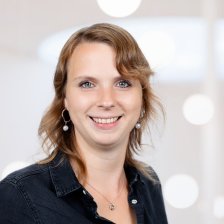 Amy van der Heijden
Amy van der Heijden -
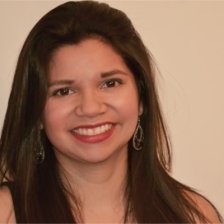 Angie Luna PinzonMSc
Angie Luna PinzonMSc -
Aniek Kolen
-
 Anita RavelliDR.
Anita RavelliDR. -
Anja de KruifDRS.
-
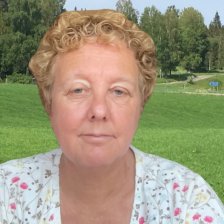 Anja Huizinkdr.
Anja Huizinkdr. -
 Anne Linde Lettink
Anne Linde Lettink -
Anne Roos van der Endt
-
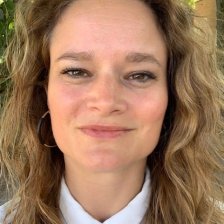 Annemarie Reilingh
Annemarie Reilingh -
Annemijn de Ruigh
-
 Annette MollPI PROF.DR.
Annette MollPI PROF.DR. -
 Anouk Driessen
Anouk Driessen -
Anton KunstPI PROF.DR.
-
 Ardine de Wit
Ardine de Wit -
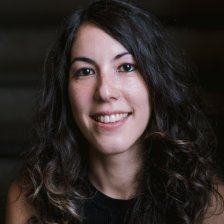 Aysu OkbayDR.
Aysu OkbayDR. -
 Bagas WicaksonoMD
Bagas WicaksonoMD -
 Bedra Horreh
Bedra Horreh -
Berber KapiteinDR.
-
 Bianca Strooij
Bianca Strooij -
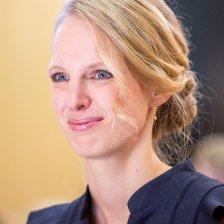 Bibian van der VoornDR.
Bibian van der VoornDR. -
 Birhan Ewunu Semagn
Birhan Ewunu Semagn -
 Biswajit Moharana
Biswajit Moharana -
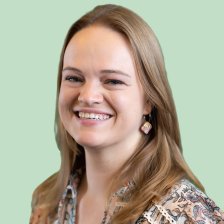 Bonnie van Dongen
Bonnie van Dongen -
 Bram BerntzenDR.
Bram BerntzenDR. -
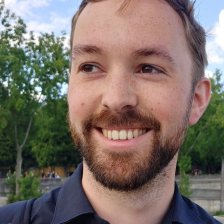 Bram Hoogerheide
Bram Hoogerheide -
Brigitta van JaarsveldPI DR.
-
 Brittany Boerstra
Brittany Boerstra -
 Bryn Hummel
Bryn Hummel -
C.M.C. Volgenantdr.
-
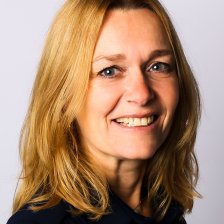 Carry RendersDR.
Carry RendersDR. -
Cédric MiddelPhD DRS.
-
Charlotte Nuijten
-
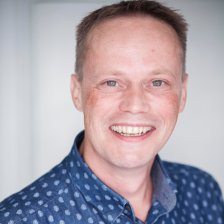 Christiaan VisDR.
Christiaan VisDR. -
Claudia Dictus
-
 Coosje DijkstraPI DR. Ir.
Coosje DijkstraPI DR. Ir. -
Cor-Jan van der Perk
-
 D RietveldPI PhD
D RietveldPI PhD -
D. Duijsterdr.
-
Daniella Brals
-
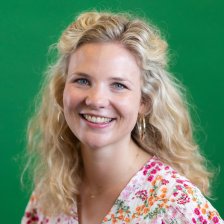 Danique Heemskerk
Danique Heemskerk -
Dawit ErjinoMSC.
-
Demi de Jong
-
Denise Leusink
-
Di Long
-
Dominique Jolivet
-
Donna Beerda
-
 Donny Kreuger
Donny Kreuger -
Eline Faber
-
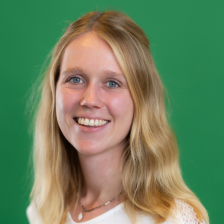 Eline Meuleman
Eline Meuleman -
 Elke Godden
Elke Godden -
 Elke Vlemincx
Elke Vlemincx -
Elly Steenbergen
-
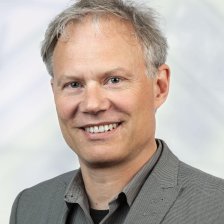 Eric Moll van CharantePI Prof. MD PhD
Eric Moll van CharantePI Prof. MD PhD -
 Erik BeuneMSc PhD
Erik BeuneMSc PhD -
Erik van SpronsenDR.
-
Esmé EgginkMSc
-
Esme Kamphuis
-
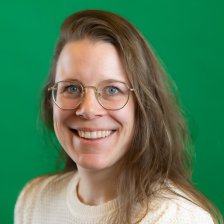 Eva LeistraDR.
Eva LeistraDR. -
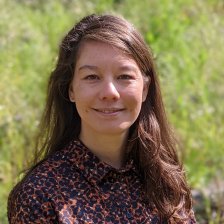 Eva Sugeng
Eva Sugeng -
 Eva van der LindenDR.
Eva van der LindenDR. -
Fawad TajDR.
-
 Femke RuttersPI DR. Associate professor, Principal Investigator and Principal Educator
Femke RuttersPI DR. Associate professor, Principal Investigator and Principal Educator -
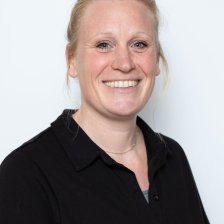 Femke van NassauPI Dr. DR.
Femke van NassauPI Dr. DR. -
Fenna EbbensDR.
-
Fleur Heuvelman
-
 Frank SnoekPI PROF.DR.
Frank SnoekPI PROF.DR. -
Franke Quee
-
Frouke Kingma
-
 Froukje TakensMSC.
Froukje TakensMSC. -
Gaia Segantin
-
Giel NijpelsPI PROF.DR.
-
Gillian Schuurman
-
Gillroy Fraser
-
Gioia Nydia Muru
-
Hamideh Jahanbakhsh
-
Han KemperPROF.DR.
-
Hanan Bozhar
-
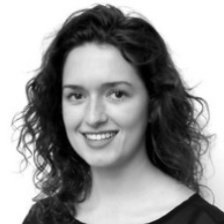 Hanne SponseleeDR.
Hanne SponseleeDR. -
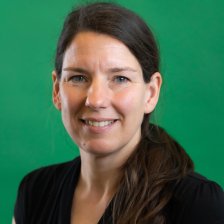 Hanneke Wijnhoven
Hanneke Wijnhoven -
 Hans de VriesPI PROF.DR.
Hans de VriesPI PROF.DR. -
Haykanush Ohanyan
-
 Hélène Maystre
Hélène Maystre -
 Henrike Galenkamp - van der PloegDR.
Henrike Galenkamp - van der PloegDR. -
 Hidde van der PloegPI PROF.DR.
Hidde van der PloegPI PROF.DR. -
 Hilde van der AaPhD.
Hilde van der AaPhD. -
Huib van Waegeningh
-
Ilja ReintenMSc
-
Indra Melessen
-
Inge de Wolf
-
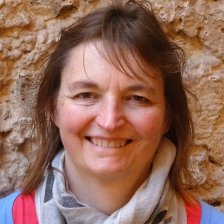 Ingeborg Brouwer
Ingeborg Brouwer -
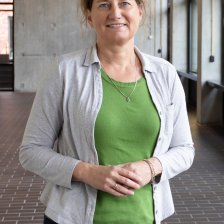 Ingrid Steenhuis
Ingrid Steenhuis -
Irene van ValkengoedPI PhD
-
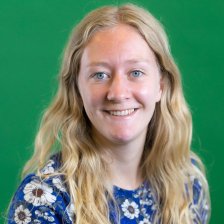 Iris Koelmans
Iris Koelmans -
 Iris van der Wulp
Iris van der Wulp -
Irma Huiberts
-
 Jaap SeidellPROF.DR.
Jaap SeidellPROF.DR. -
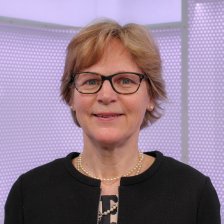 Jacqueline HugtenburgPI PROF.DR.
Jacqueline HugtenburgPI PROF.DR. -
Jan Karregat
-
Jan willem KallewaardDRS.
-
Jan-Willem van Dalen
-
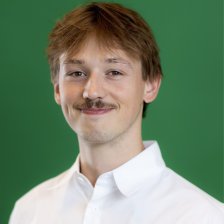 Jaro Govaerts
Jaro Govaerts -
Jelle Arts
-
 Jenny Marks-VieveenDRS.
Jenny Marks-VieveenDRS. -
 Jenny Schnyder
Jenny Schnyder -
Jentske Wertwijn
-
 Jeroen LakerveldPI j.lakerveld@amsterdamumc.nl DR.
Jeroen LakerveldPI j.lakerveld@amsterdamumc.nl DR. -
 Jesse van den Berg
Jesse van den Berg -
Jesse Vargas
-
 Jillian O'Mara
Jillian O'Mara -
 Johan van LimbergenPI
Johan van LimbergenPI -
 Joline BeulensPI PROF.DR.IR.
Joline BeulensPI PROF.DR.IR. -
Jonathan Overeem
-
 Joreintje MackenbachPI DR.
Joreintje MackenbachPI DR. -
Jos TwiskPI PROF.DR.
-
 Joshua van Apeldoorn
Joshua van Apeldoorn -
Josine StuberDR. MSc. DR.
-
 Judith JelsmaPI Dr.
Judith JelsmaPI Dr. -
 Judith Visser
Judith Visser -
Julia Veeger
-
Julie Jansen
-
Junus van der WalMD
-
 Karien StronksPI PROF.DR.
Karien StronksPI PROF.DR. -
Karolina SzadekDR.
-
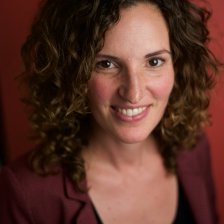 Katja van den HurkPI DR.
Katja van den HurkPI DR. -
 Katrina MessihaMarie Skłodowska–Curie PhD fellow
Katrina MessihaMarie Skłodowska–Curie PhD fellow -
Kim Brand
-
Kris Hage
-
Kyra Mendes de Leon
-
Lambert Appiah
-
Lamyae Boutalab
-
 Laura SchaapDR.
Laura SchaapDR. -
Lea Smeijsters
-
Lenka GroeneveldMSC.
-
 Leonie KlaufusPhD DR.
Leonie KlaufusPhD DR. -
Leto Demetriadou
-
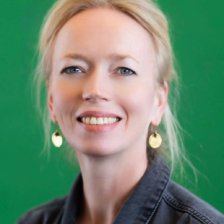 Lies ter Beek
Lies ter Beek -
 Liffert VogtPI PROF.DR.
Liffert VogtPI PROF.DR. -
 Linda Dusseljee - Peute
Linda Dusseljee - Peute -
Lizan Bloemsma
-
 Loes CrielaardPhD
Loes CrielaardPhD -
 Lorraine LandaisPhD
Lorraine LandaisPhD -
Lotte de BoerDR.
-
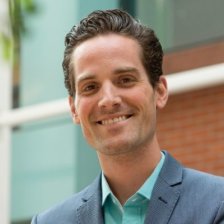 Luc Hagenaars
Luc Hagenaars -
Lucrezia Bertoni
-
M.H. van der Veendr.ir.
-
Maaike KroonMD
-
Maarten Barendrecht
-
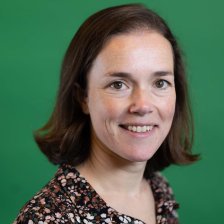 Maartje Basten
Maartje Basten -
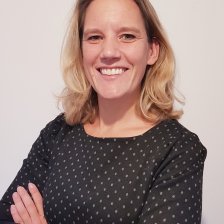 Maartje van StralenDR.
Maartje van StralenDR. -
 Magreet Harskamp-van GinkelMSC.
Magreet Harskamp-van GinkelMSC. -
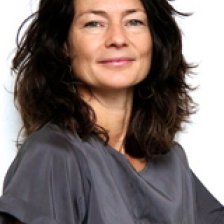 Mai Chin A PawPI PROF.DR.
Mai Chin A PawPI PROF.DR. -
 Mandy SpaanPhD
Mandy SpaanPhD -
Mara Kirschner
-
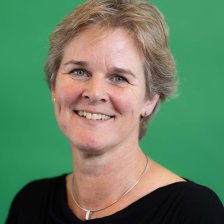 Margreet Olthof
Margreet Olthof -
 Mari Sone
Mari Sone -
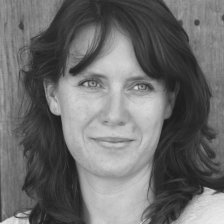 Marieke BlomPI PhD
Marieke BlomPI PhD -
Marieke de GierDRS.
-
 Marieke Hoevenaar-BlomDR.
Marieke Hoevenaar-BlomDR. -
 Marieke VerkleijDR.
Marieke VerkleijDR. -
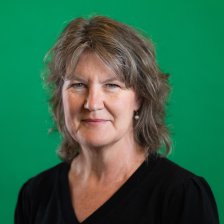 Marjolein VisserPROF.DR.
Marjolein VisserPROF.DR. -
 Marlies Visser
Marlies Visser -
 Marlinde van Dijk
Marlinde van Dijk -
 Maroucha van den Berg
Maroucha van den Berg -
Marthe Mansour
-
Martina Pontesilli
-
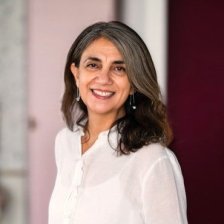 Mary NicolaouPI PhD
Mary NicolaouPI PhD -
 Maxime van den HeuvelMSC.
Maxime van den HeuvelMSC. -
 Mayte Sanchez van Kammen
Mayte Sanchez van Kammen -
MC Adriaanse
-
Megan Astley
-
Melanie HafdiMD MSc
-
Meredith OvermanMSC.
-
 Mette van der LindenMSC.
Mette van der LindenMSC. -
Mink Sjamsoedin
-
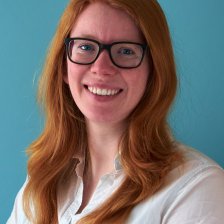 Mirte KuipersPI PhD
Mirte KuipersPI PhD -
 Mirthe MuilwijkPhD.
Mirthe MuilwijkPhD. -
Mohamed Ahmed
-
Mohan Raju Jayashankaramma Shankar Raj
-
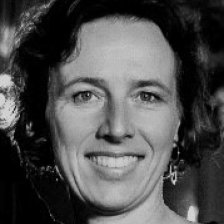 Monika HollanderPI DR.
Monika HollanderPI DR. -
Monique Albersen
-
 Monique SteegersPI PROF.DR.
Monique SteegersPI PROF.DR. -
Naichuan Sudds.
-
 Nanda van Rijn
Nanda van Rijn -
 Nessa Millet
Nessa Millet -
 Nicole den BraverDR. PhD
Nicole den BraverDR. PhD -
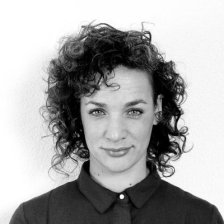 Nicole van den Bogerd
Nicole van den Bogerd -
 Nikita Hensen
Nikita Hensen -
Nitza HooiMSC.
-
Nora HamdiuiDR.
-
Noreen SiddiquiDR.
-
Oriol Bonell MonsonísMSC.
-
Patrick BrienesseDR.IR.
-
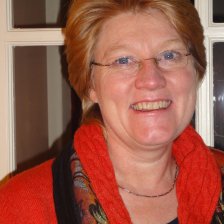 Paula Sterkenburg
Paula Sterkenburg -
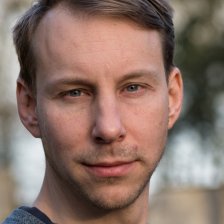 Peter HarmsPhD
Peter HarmsPhD -
 Petra EldersPI PROF.DR.
Petra EldersPI PROF.DR. -
Philip DijkhorstDRS.
-
R. Weiler
-
 Rebecca PainterPI
Rebecca PainterPI -
Reinoldus GemkePI PROF.DR.
-
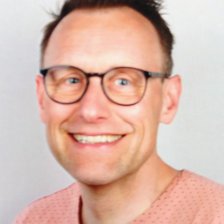 René Pool
René Pool -
Renee BolijnMSc
-
Renée Coppens
-
 Renée Wink
Renée Wink -
Rixt Smit
-
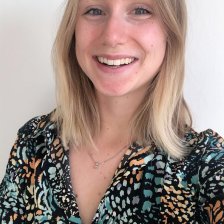 Robin SmitsDR.
Robin SmitsDR. -
Roderick Slieker
-
Romain Meer
-
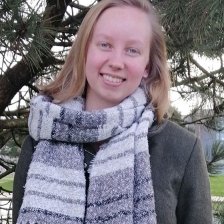 Romy Slebe
Romy Slebe -
Rosa WoudaMSc
-
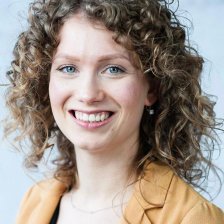 Rosalie Bakker
Rosalie Bakker -
Sabrina WeltenMSC.
-
Sandra KooijPI Prof. PROF.DR.
-
Sandra Simons
-
Sanne Kremers
-
Saskia Duijs
-
Savannah Troost
-
Sharon RemmelzwaalDR.
-
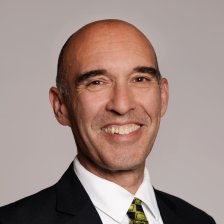 Sidney RubinsteinMSC.
Sidney RubinsteinMSC. -
 Sietske Luijten
Sietske Luijten -
Siham BoucharebDRS.
-
 Siyu Zhou
Siyu Zhou -
Sophie Campman
-
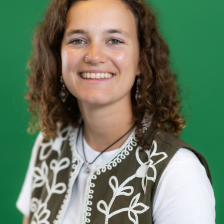 Stella Brugman
Stella Brugman -
 Su Someh
Su Someh -
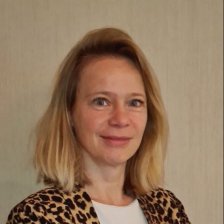 Susanne de RooijPI DR.
Susanne de RooijPI DR. -
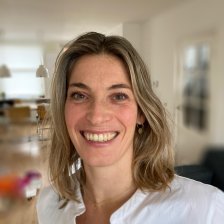 Taetske AltenburgPI Associate professor DR.
Taetske AltenburgPI Associate professor DR. -
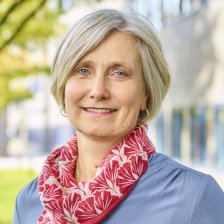 Tanja VrijkottePI PhD
Tanja VrijkottePI PhD -
Taryn Vosters
-
Tessa Brik
-
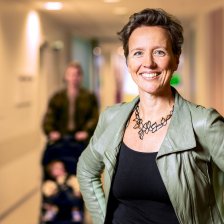 Tessa RoseboomPI PROF.DR.
Tessa RoseboomPI PROF.DR. -
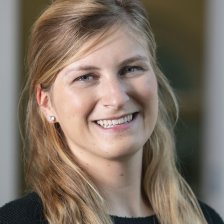 Tessa van Gastel
Tessa van Gastel -
 Tessa Zonneveld
Tessa Zonneveld -
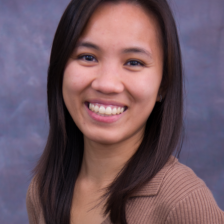 Thao Minh LamMSc. DR.
Thao Minh LamMSc. DR. -
 Theo Bakker
Theo Bakker -
Tim van de GriftDR.
-
Tirza BlomDRS.
-
 Trynke Hoekstra
Trynke Hoekstra -
Vanessa HarrisMD PhD
-
Vera Voorwinde
-
Vincent Boima
-
Vincent WekkerMD
-
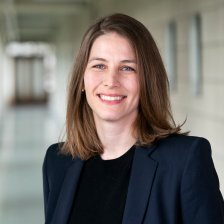 Virissa Lenters
Virissa Lenters -
 Wieger VoskuijlPI MD PhD
Wieger VoskuijlPI MD PhD -
Wieke van Boxtel
-
Wilhelmus de KortProf. MD PhD
-
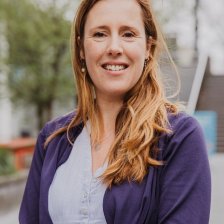 Wilma WaterlanderPI PhD
Wilma WaterlanderPI PhD -
Wouter DreschlerPROF.DR.IR.
-
 Wouter Munneke
Wouter Munneke -
Xin Zheng
-
Yannick Milan Oldert
-
Yaw Kusi Mensah
-
Yuri Suzuki



